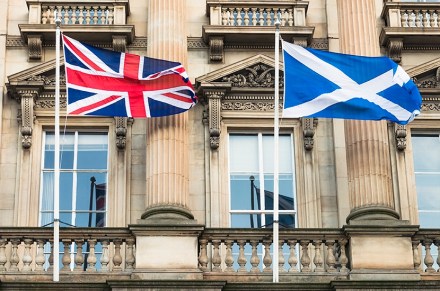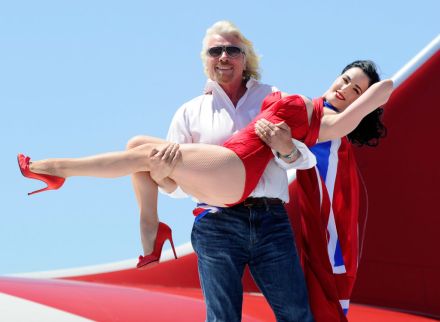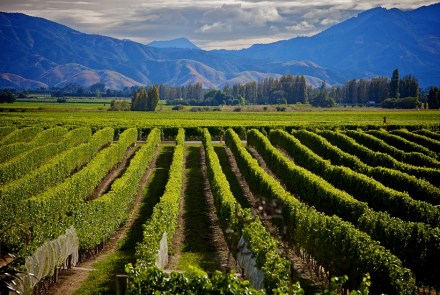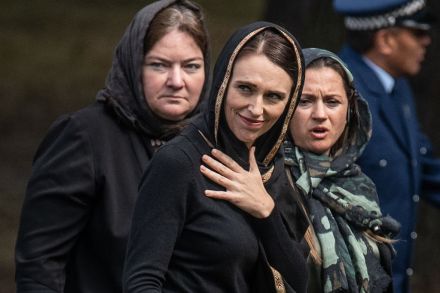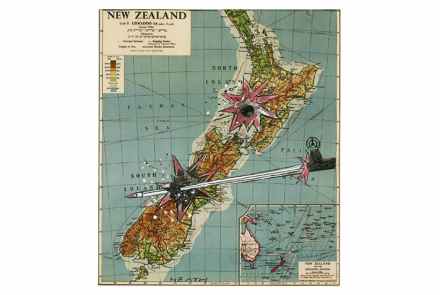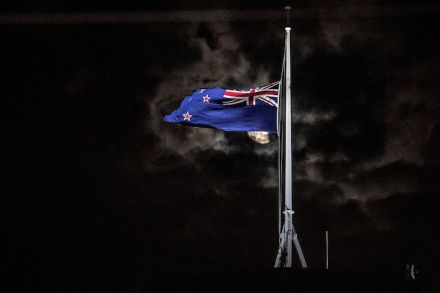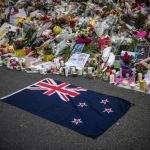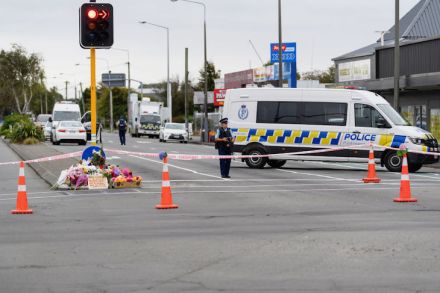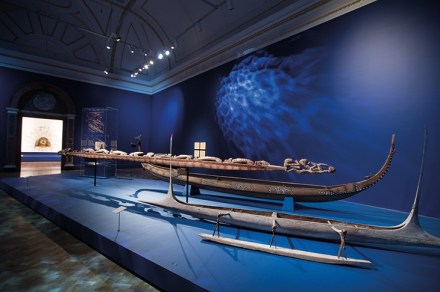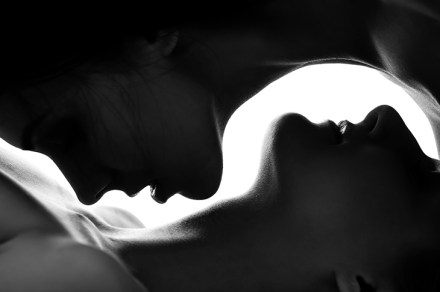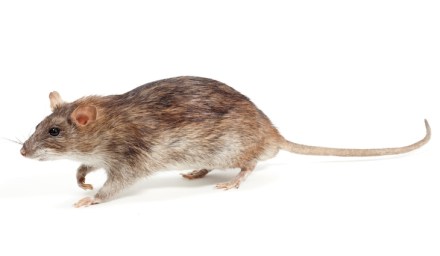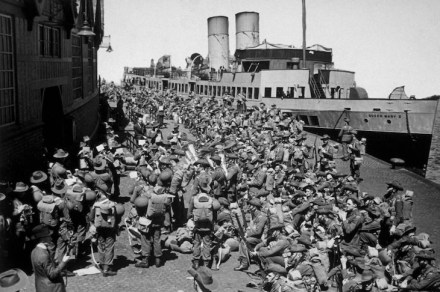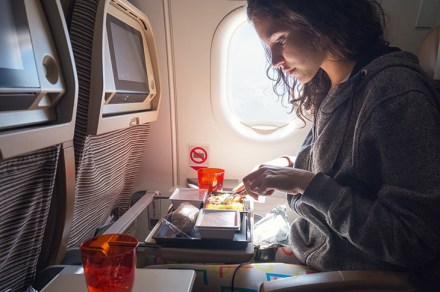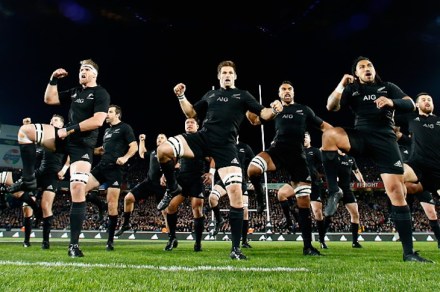Letters: The key to Scotland’s future
The key to the Union Sir: ‘Love-bombing’ the Scottish electorate with supplemental spending in devolved areas (‘The break-up’, 27 February) is unlikely to prove a decisive tactic in the ongoing battle over Scottish independence. It will never be enough, and the average voter will not distinguish Westminster spend from Holyrood’s. Neither should opposition to an independence referendum be the Scottish Conservative and Unionist party’s primary policy in the upcoming Holyrood election. Falling into the SNP trap of focusing on this issue allows the party to pursue its agenda of confected grievance and division. Secession is the SNP’s preferred battleground, not least because it permits deflection of their record in government.
